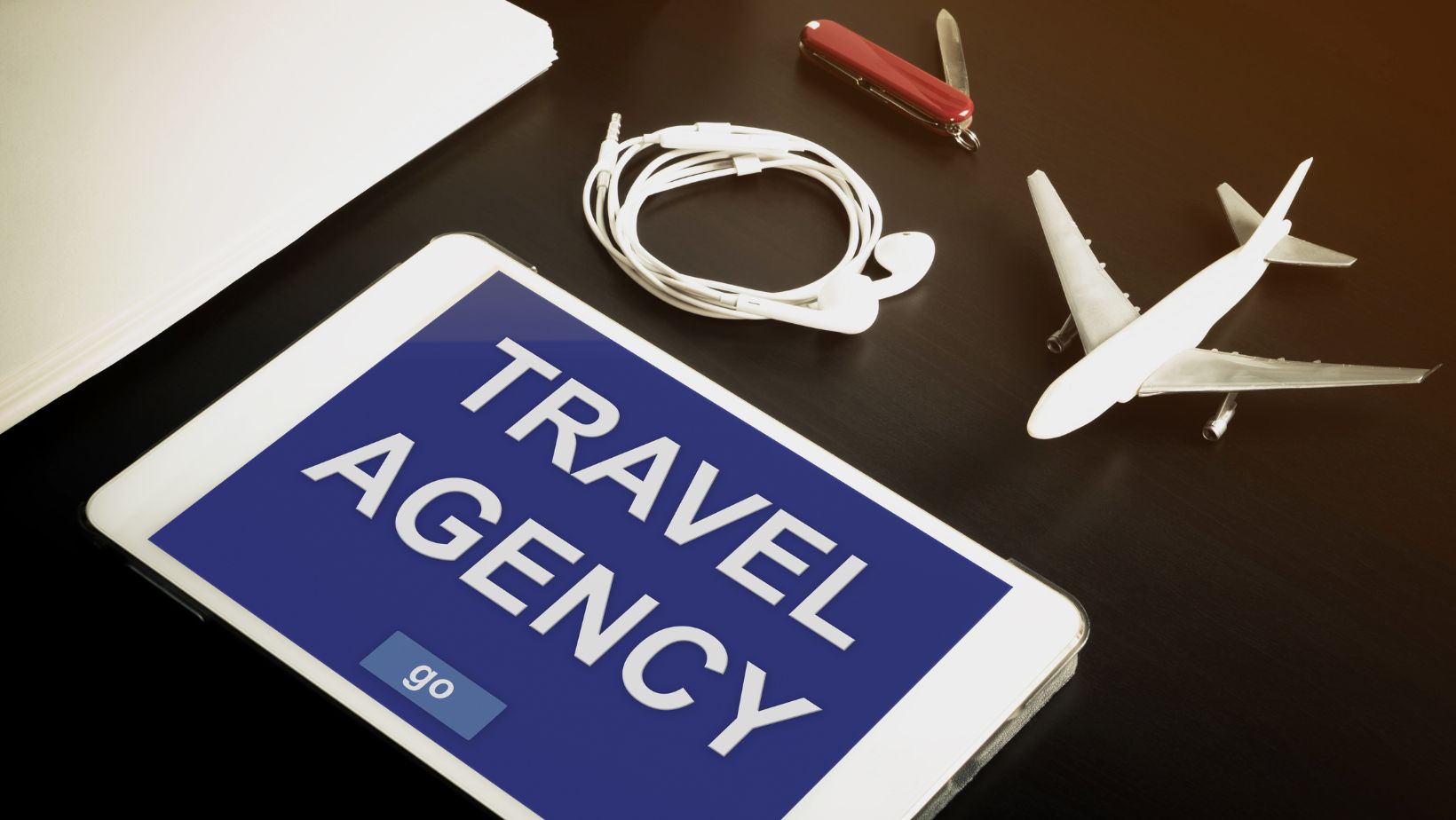In the competitive world of travel, standing out online can make all the difference for your agency. With so many people turning to search engines to plan their next adventure, mastering SEO (Search Engine Optimisation) is essential. If you’re looking to increase your visibility and attract more clients, the right SEO strategies can boost your website’s rankings and help you reach potential travellers effectively.
If you’re looking to take charge of your SEO efforts, here are seven practical tips to help your travel agency get noticed and rank higher on search engines.
Focus on Local SEO to Target Nearby Customers
Local SEO is crucial for any business that relies on local customers, and travel agencies are no exception. When optimising for local search, ensure your business appears in search results for your region, helping you connect with travellers looking for agencies nearby.
Start by claiming and updating your Google My Business profile with accurate contact information, business hours, and a location. Encourage satisfied clients to leave reviews, as positive feedback can significantly impact your local rankings. Additionally, incorporate local keywords in your website’s content to attract customers specifically searching for travel services in your area. A digital marketing agency in Melbourne can assist with local SEO strategies to help you rank for location-based searches effectively.
Create Quality, Engaging Content
Content is at the heart of SEO. For your travel agency to rank higher, your website must offer valuable and informative content that answers potential clients’ questions. Create blog posts, travel guides, and FAQs that provide useful information, such as tips for planning a holiday, destination recommendations, or visa requirements.
Optimise each page by including relevant keywords for your target audience, such as “best family vacations,” “luxury travel destinations,” or “affordable holiday packages.” The more engaging and relevant your content is, the more likely search engines are to favour your site in search results. High-quality content will also keep visitors engaged, increasing your site’s dwell time—an important factor for SEO.
Optimise for Mobile Devices
More and more travellers are using mobile devices to research destinations and book trips. As a result, ensuring your website is mobile-friendly is essential for maintaining a positive user experience and improving SEO. A responsive, mobile-optimised website will rank better on search engines and encourage visitors to stay longer, potentially leading to more bookings.
Ensure your website’s layout, images, and text adjust seamlessly across devices. If your site isn’t mobile-friendly, you risk losing potential clients and negatively impacting your search engine rankings. A digital marketing agency in Melbourne can help with mobile optimisation and ensure your website delivers a smooth experience for users, regardless of the device they’re using.
Target Long-Tail Keywords
When people search for travel-related services, they often use very specific queries. These “long-tail keywords” may have lower search volume but are highly targeted and tend to attract users further along in the buying process. For example, instead of targeting a broad term like “holiday packages,” focus on specific long-tail keywords like “affordable family vacation packages in Melbourne” or “luxury tours to Bali.”
By targeting these more niche keywords, you’re more likely to attract high-quality leads who are ready to book their next trip. Including these keywords in your content, titles, and meta descriptions will help search engines recognise your site as highly relevant to those search terms.
Improve Website Speed
Website speed is another critical factor for both user experience and SEO. Slow-loading websites can frustrate visitors and cause them to leave before even exploring your services. Additionally, search engines like Google factor in page load speed when ranking sites, so a slow website could negatively impact your SEO efforts.
To improve your website’s speed, compress images, optimise scripts, and minimise the use of heavy plugins that could slow down loading times. You can also test your site’s speed using free tools like Google PageSpeed Insights and follow the recommendations provided. A faster website means a better user experience, and as a result, improved SEO performance.
Build Quality Backlinks
Backlinks—links from other websites to your own—are a crucial factor in search engine rankings. When reputable websites link to your content, it signals to search engines that your site is authoritative and trustworthy.
To build backlinks, collaborate with other travel bloggers, influencers, or relevant businesses in your industry. For example, you could write guest blog posts or get featured in an article on a popular travel website. The more high-quality backlinks you gain, the more likely your site will rank higher in search results.
Invest in Pay-Per-Click Advertising
While SEO is essential for organic growth, pay-per-click (PPC) advertising can give your travel agency an immediate boost. With PPC, you can target specific keywords and reach potential customers who are already interested in your services. Google Ads and Facebook Ads are popular options for driving traffic to your website and generating leads.
Although PPC ads don’t directly impact your SEO ranking, they can complement your organic search efforts by increasing website traffic and visibility. Over time, this increased traffic and engagement can result in better organic rankings as well.
Implementing the right SEO strategies is crucial for any travel agency looking to boost its online presence and attract more customers. By focusing on local SEO, creating engaging content, optimising for mobile, targeting long-tail keywords, improving website speed, building backlinks, and investing in PPC advertising, you’ll position your agency for long-term success.
Working with a digital marketing agency in Melbourne can further elevate your SEO efforts and ensure that your agency stands out in a competitive market. With the right strategies in place, you’ll be able to rank higher on search engines, drive more traffic, and ultimately convert more visitors into loyal clients.




 By
By 




